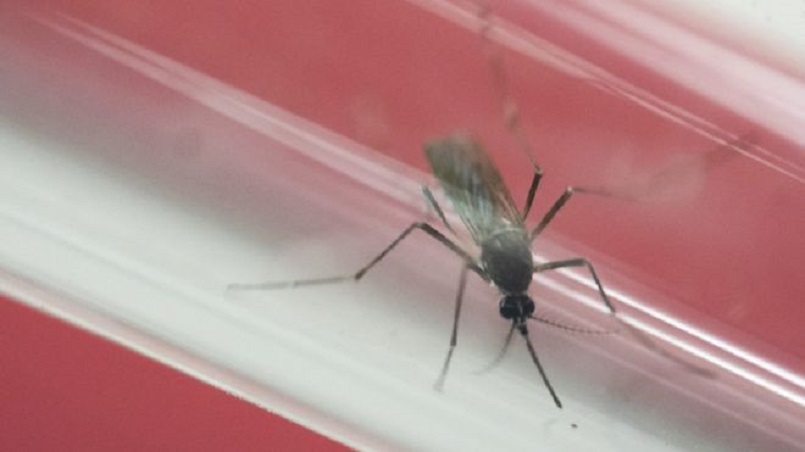
Pregnant women have been warned not to travel to a Zika-affected part of Miami after another 10 cases were identified.
The victims were probably infected by local mosquitoes in the Wynwood area.
Pregnant women who had been in the zone since 15 June were urged to get tested, while those planning a baby should wait eight weeks after leaving the area.
The illness, which is most commonly transmitted by mosquitoes, is linked to defects including small-head syndrome, or microcephaly, in newborns.
The governor of Florida, Rick Scott, also called for an emergency response team to be set up, to investigate and combat the virus's spread.
On Saturday, England's public health agency advised mums-to-be to postpone non-essential travel to Florida.
At that point, only four cases of Zika that were believed to have been contracted from mosquitoes within Florida had been confirmed there. They were thought to be the first of their kind in the US.
Other Zika cases were among people returning from infected areas overseas.
The 14 latest Florida cases may have come about because the victims were bitten by mosquitoes that had themselves became infected by biting people who had brought the virus back from their travels to the Caribbean and South America.
Mr Scott said the new warning advises women who are pregnant or trying to get pregnant to avoid the square mile area just north of central Miami.
The Centers for Disease Control and Prevention issued the travel notice.
The CDC said that women who had been in Wynwood or had travelled there since 15 June and were in the first or second trimesters (weeks one to 27) should get tested.
It also recommends women not get pregnant for eight weeks after leaving the area.
Mr Scott said: "Florida has a proven track record of success when it comes to managing similar mosquito-borne viruses.
"While I encourage all residents and visitors to continue to use precaution by draining standing water and wearing bug spray, Florida remains safe and open for business."
However, the CDC said mosquito control efforts were not working as well as hoped.
Of the 14 individuals identified, two are women and 12 are men.
